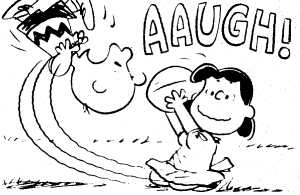I was lucky enough to be invited to speak at the Newberry Library last week.
It was part of their NEH-sponsored program “Out of Many” program, which brought to the Newberry a collection of really fantastic community college teachers from across the nation who were looking to incorporate religion into their American survey or their curriculum more broadly. They got a great lecture and symposium by Martin Marty (with bow tie), a seminar with Tisa Wenger, and one with Aziz Huq. Then they got me. It helps to have friends at the Newberry.
In my 3 hours, we discussed the history of the idea that America was/is a Christian nation, from the “city upon a hill” to the latest data from Robert Putnam an David Campbell’s American Grace. Throughout the endeavor we kept coming back to one idea: that many of those who advocated on behalf of the idea of a Christian nation were not simply bigots trying to put other people down (although there has been a good bit of that, as David Sehat taught us in his award-winning The Myth of American Religious Freedom). But there was also the important notion that these people in the past were putting forward ideas that they thought would save America, and that still today we hold in high reverence. Those people who hated Catholics in the 19th century? They almost always hated slavery too. Those Puritans who castigated Anne Hutchinson? They brought things like education and literacy with them. No one, thankfully, dropped the H-bomb (Harvard).
I’m prompted to wonder what, if anything, today’s Christian nation folks are bringing that will be looked back upon and widely applauded. But more on the topic of teaching the survey, it reminded me that it is our duty as explicators of the past to be fair to all actors, to try to understand their motives as well as their actions.
Indeed, I was giving a lecture today on the Progressives and it occurred to me that I hadn’t mentioned the hierarchy of races that they believed in, the development of segregation of Washington, D.C. that Wilson ushered in during his “progressive” presidency, or the widespread belief in and practice of eugenics–and all in the name of Progressivism!
As these great teachers at the Newberry reminded me, to be good historians and teachers we’ve got to be fair to our subjects, and I’m not talking about our students. We’ve got to understand that all their motives have a source that was usually rational to them, and done in the name of some form of goodness. If we fail to explain that, we’re doing a disservice to our students, and to the past.




